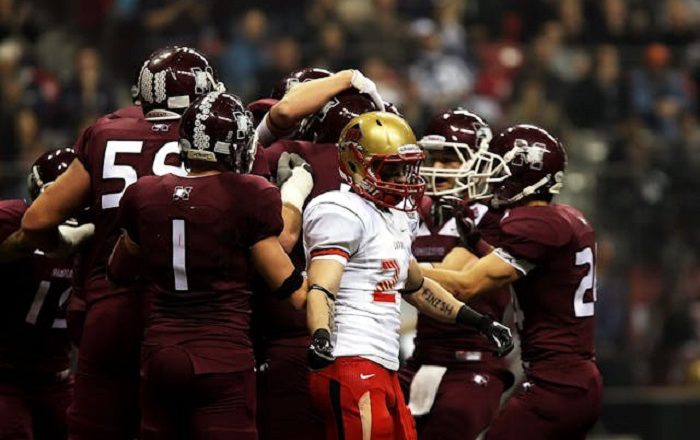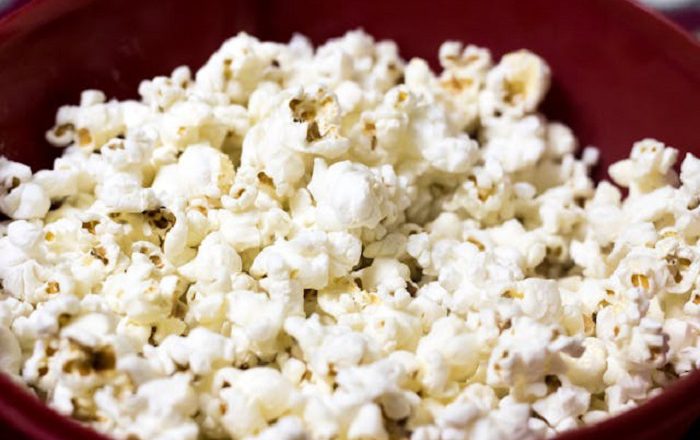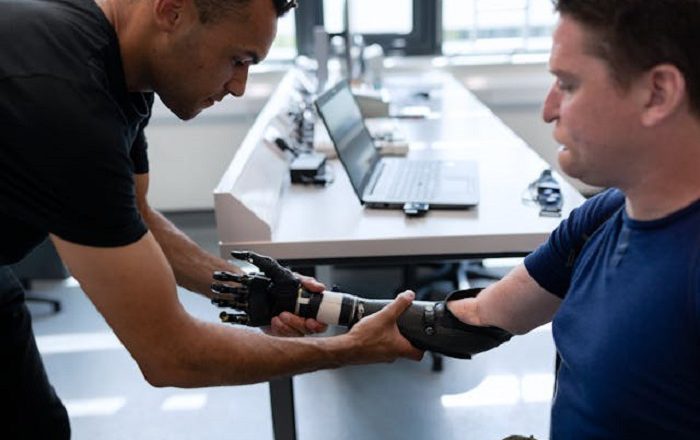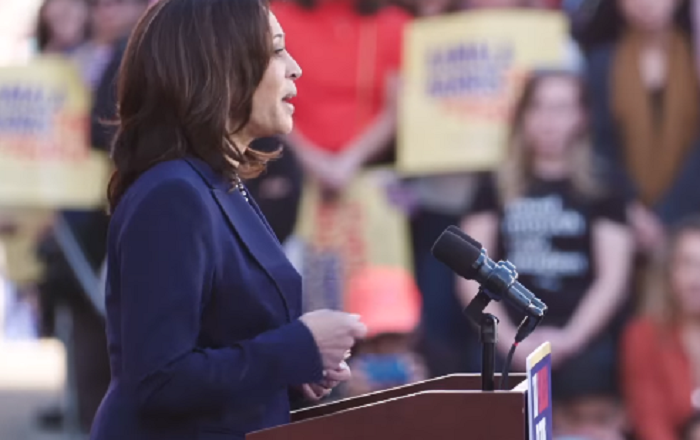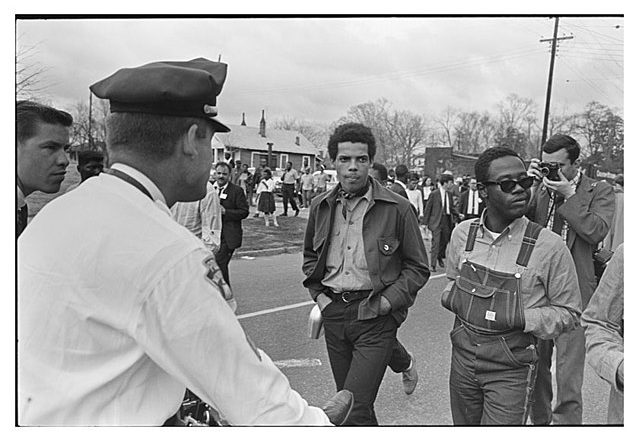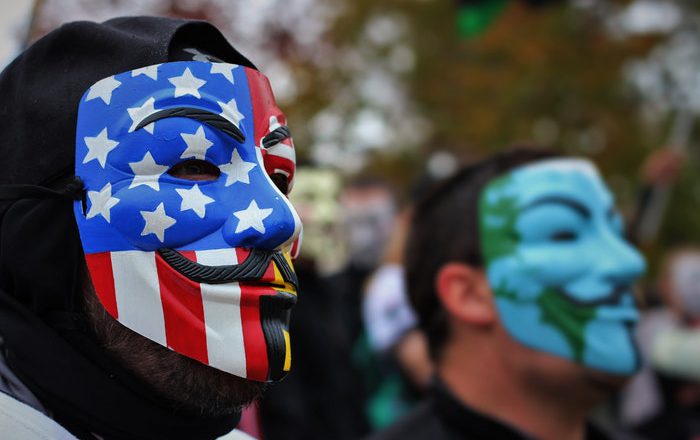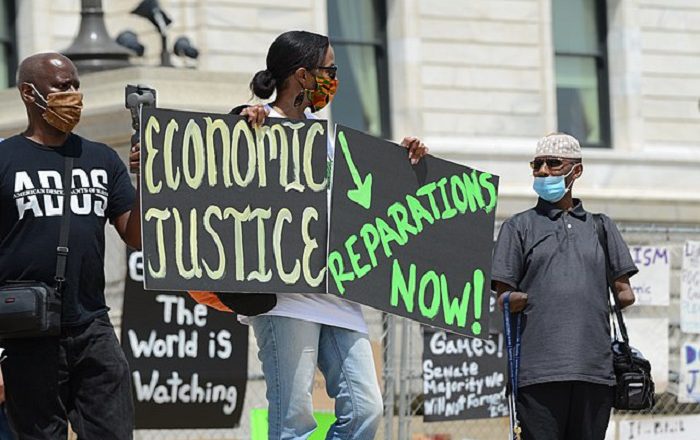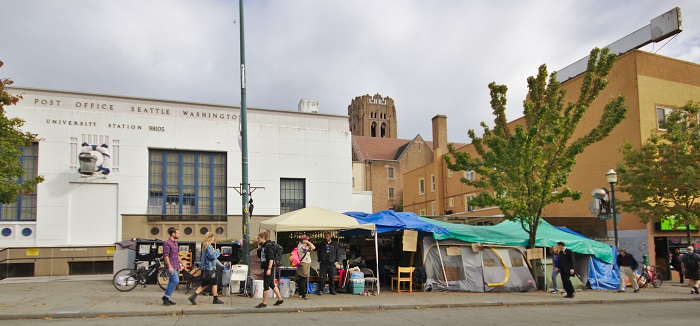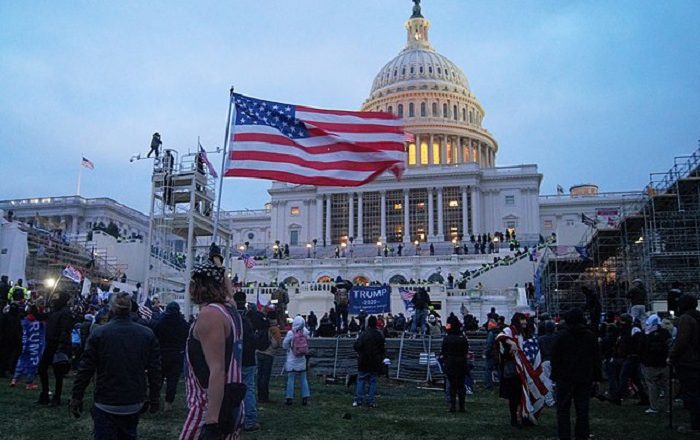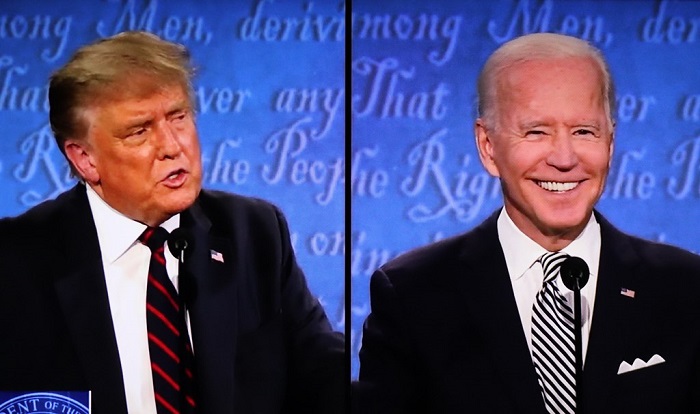Inside NCAA’s $2.75B Settlement To Pay College Athletes
5 questions after the NCAA’s $2.75B settlement to pay college athletes.
As part of a US$2.75 billion class action settlement struck in May 2024 between former student-athletes and several dozen universities involved in big-time sports, schools will be allowed to pay future players with something more than scholarships. They can give them cash.
That’s about all we know. The rest is uncharted territory. There are many more questions than answers.
In House v NCAA, about 14,000 former college athletes enrolled between 2016 and 2020 sued over lost opportunities and profits in the era before 2021. That’s the year that the NCAA changed its rules to permit active student-athletes to make money off their name, image and likeness – referred to as NIL.
The plaintiffs in House argued that they...

